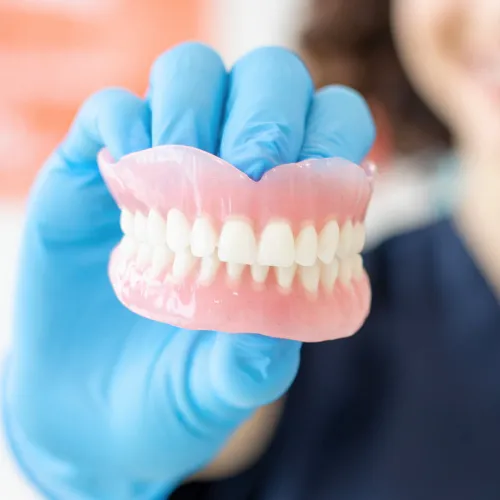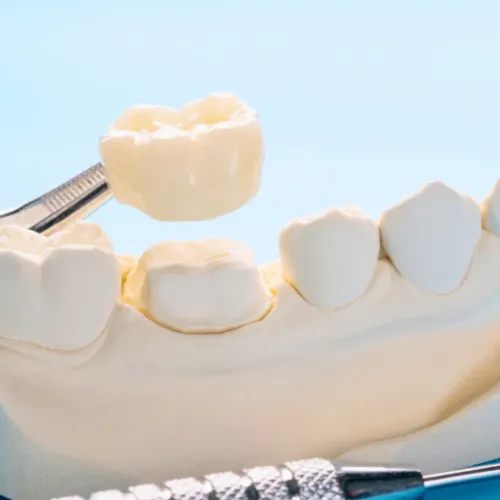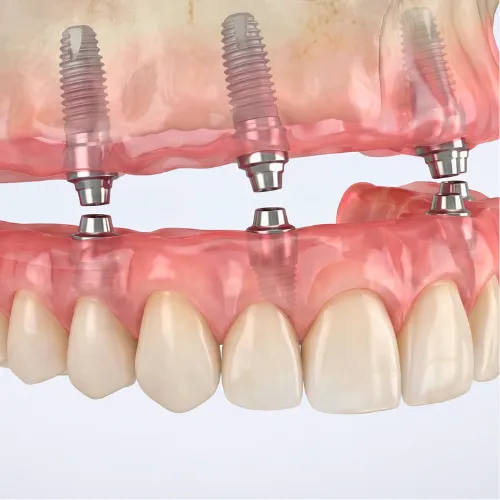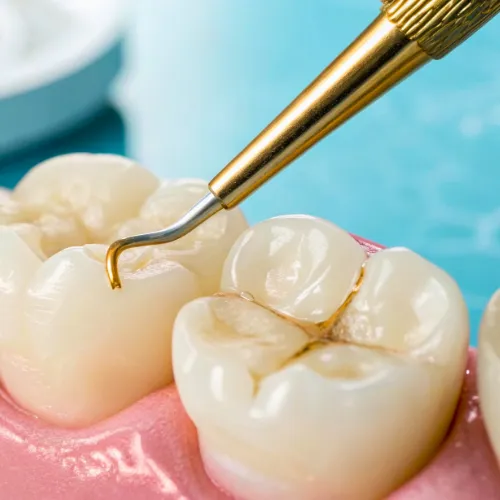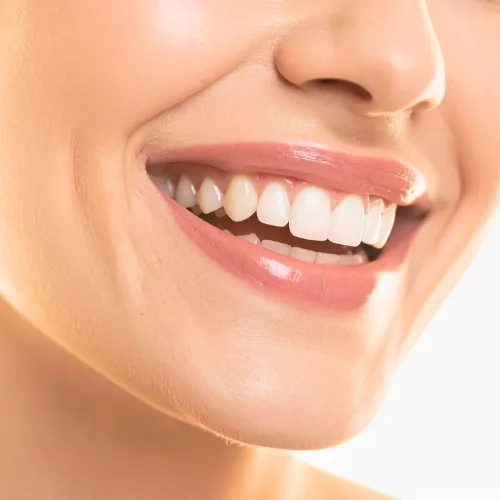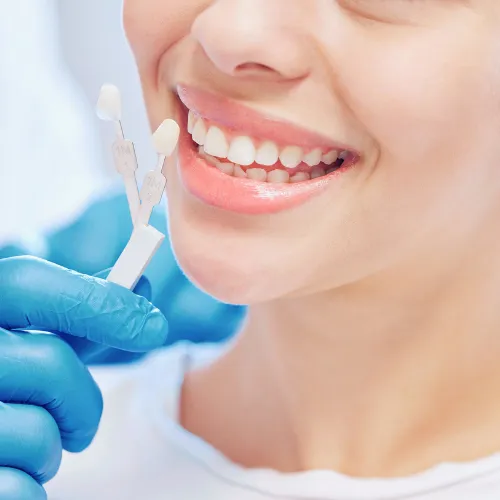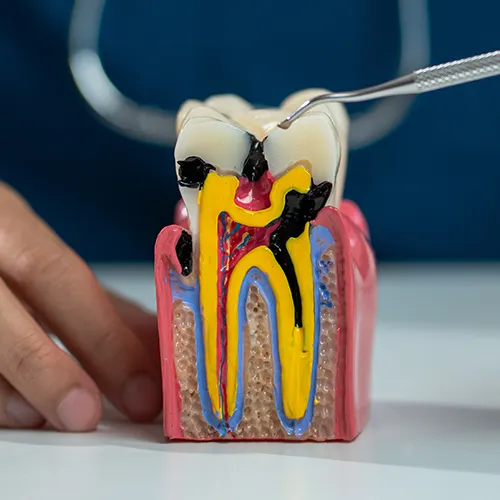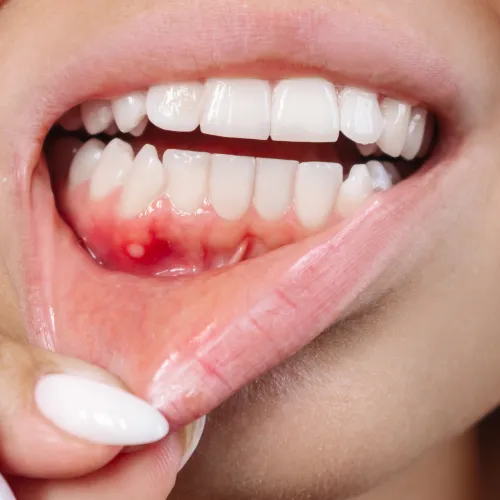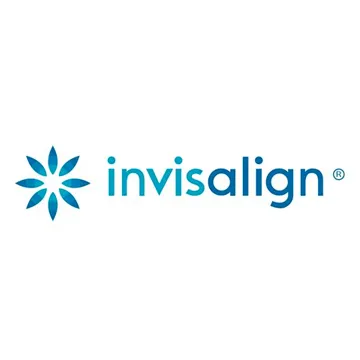Emergency Dentistry
Why Saving Your Tooth Is Often the Best Choice
When you hear the words “root canal,” your first reaction might be to wince. Many people imagine a painful, drawn-out procedure, but the truth is very different. Modern root canal treatments are surprisingly comfortable and often the best way to save a tooth that would otherwise be lost. At Prestige Dental, we believe your natural teeth are worth protecting. Saving them not only preserves your smile but also maintains the strength and structure of your entire mouth.
Your teeth are designed to last a lifetime. Each one plays a unique role in biting, chewing, and maintaining the alignment of your jaw. Once a tooth is removed, it sets off a chain reaction that can affect the health and position of surrounding teeth. Root canal treatment steps in before that happens, removing the source of infection while keeping your tooth firmly in place.
In this blog, we’ll break down why root canals are often the smarter choice, when they’re needed, and what other steps you can take to protect your natural teeth for years to come.
Can a badly decayed tooth be saved?
Many patients assume that if a tooth is severely decayed, the only option is extraction. In reality, even teeth with deep decay or infections can often be saved through root canal therapy. The key lies in what’s happening inside the tooth.
Beneath the hard outer layers of enamel and dentin is a soft tissue called the pulp. It contains blood vessels and nerves that keep your tooth alive. When decay reaches the pulp, it can cause intense pain, sensitivity, or swelling. This is where root canal treatment comes in. Instead of removing the entire tooth, your dentist removes the infected pulp, carefully cleans the inner canals, and seals them to prevent future infection.
With the decay and infection eliminated, the tooth is then restored—often with a dental crown—to bring it back to full strength. This means you can chew, smile, and live without discomfort, all while keeping your natural tooth intact.
Here are a few scenarios where a badly decayed tooth can still be saved:
- Deep cavities that have reached the pulp but haven’t compromised the root structure.
- Teeth with fractures that don’t extend below the gum line.
- Abscessed teeth, where the infection is inside the tooth but hasn’t destroyed the supporting bone.
- Teeth with previous fillings that have developed new decay.
The earlier you address decay, the better your chances of saving the tooth. Regular checkups and cleanings give your dentist the best chance to catch problems before they spiral.
Should I save my tooth or pull it?
This is one of the most common questions patients face. While extraction might seem like a simpler, cheaper, or faster solution, it’s not always the best long-term choice. Here’s why saving your tooth often comes out ahead.
1. Maintaining natural alignment: Your teeth work together like gears in a machine. Removing one can cause the others to shift, leading to bite problems, uneven wear, or even jaw discomfort over time. Saving your tooth preserves the natural balance of your bite.
2. Avoiding bone loss: When a tooth is removed, the bone in that area begins to shrink because it no longer receives stimulation from chewing. This bone loss can affect your facial structure, making the jawline appear sunken over time. Root canals stop this by preserving the tooth’s root in your jaw.
3. Long-term cost considerations: Extraction may seem cheaper upfront, but replacing a missing tooth—whether with an implant, bridge, or denture—often costs significantly more. Root canal therapy followed by a crown is usually more cost-effective in the long run.
4. Preserving natural function: A natural tooth feels and functions like no replacement can. Implants are excellent options when needed, but they still require surgery and healing time. Saving your original tooth skips that altogether.
Of course, there are cases where extraction is the better choice. If the tooth is fractured below the gum line, has severe bone loss, or is otherwise beyond repair, your dentist will recommend removal. But in many cases, root canal therapy allows you to keep your tooth for decades to come.
How can you naturally save your teeth?
While root canal treatment is a powerful tool for saving a tooth once it’s infected, prevention remains the best strategy. By adopting daily habits that protect your teeth, you can often avoid the need for major dental procedures in the first place.
Here are practical ways to keep your teeth healthy and strong:
Brush and floss consistently: This seems obvious, but it’s still the foundation of dental health. Brushing twice a day with fluoride toothpaste removes plaque and food particles that lead to decay. Flossing at least once a day gets into spaces your toothbrush can’t reach, preventing bacteria from settling between teeth.
Don’t ignore early warning signs: Tooth sensitivity, mild discomfort, or occasional swelling are often dismissed as “nothing serious.” These are early signs that something is wrong. Addressing them promptly can stop decay before it reaches the pulp.
Limit sugary and acidic foods: Sugary snacks, sodas, and acidic drinks weaken enamel and feed bacteria. Reducing your intake, rinsing your mouth with water after meals, and choosing tooth-friendly snacks can make a big difference.
Get regular dental checkups: Professional cleanings remove tartar that you can’t tackle at home. Routine exams help your dentist catch problems before they escalate. Many root canal cases start as simple cavities that went untreated for too long.
Protect your teeth from trauma: Wearing a mouthguard during sports, avoiding biting down on hard objects like ice or pens, and addressing teeth grinding early can all help prevent cracks or fractures that might otherwise lead to root canal treatment.
Support your teeth nutritionally: A balanced diet rich in calcium, vitamin D, and phosphorus strengthens both teeth and jawbone. Staying hydrated keeps saliva flowing, which is your mouth’s natural defense against bacteria.
While there’s no true “natural cure” for a tooth that already has infected pulp, these habits go a long way in preventing problems from developing in the first place.
When a root canal may not be possible
Although root canals are often the best solution, there are situations where they may not be the right choice. These include:
- Severe fractures below the gum line
- Extensive bone loss around the tooth
- A tooth with insufficient structure left to support a crown
- Repeated failed root canals
In these cases, extraction followed by replacement options like dental implants may be recommended. Your dentist will always explain your options and help you make an informed decision that fits both your dental health and your lifestyle.
Why choose Prestige Dental for your root canal
Root canal treatment requires precision, experience, and a gentle touch. At Prestige Dental, we combine modern technology with a patient-centered approach to make your experience as smooth and stress-free as possible. From advanced imaging to comfortable treatment rooms, everything is designed to put your mind at ease while delivering excellent care.
Our experienced team will carefully evaluate your tooth, explain your options in clear language, and provide the highest standard of care whether you need a root canal or another solution.
Schedule your appointment today
If you’re experiencing tooth pain, sensitivity, or swelling, don’t wait for the problem to get worse. The earlier you act, the more likely we can save your tooth and avoid more extensive procedures later. Root canal therapy can bring lasting relief and protect your natural smile for decades to come.

